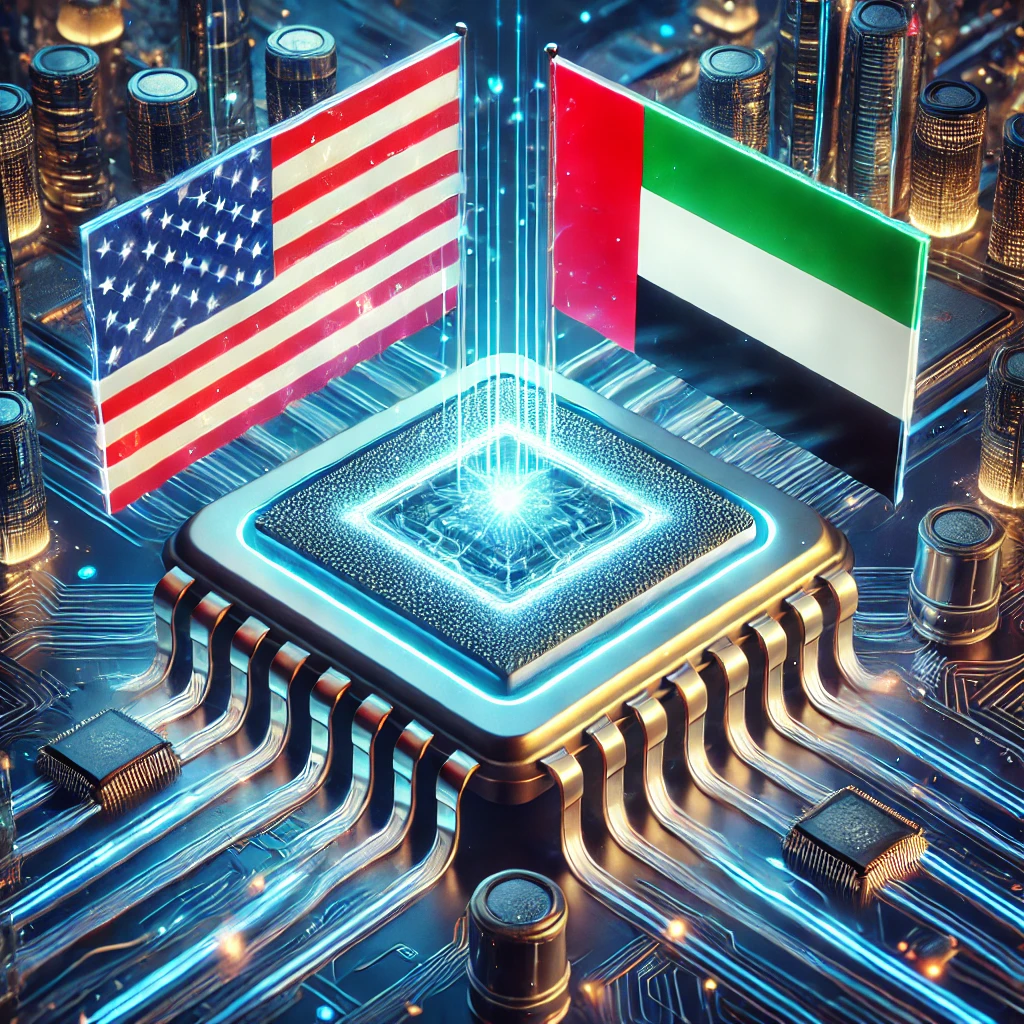The United States has greenlit the export of advanced artificial intelligence (AI) chips to a Microsoft-operated facility in the United Arab Emirates (UAE), marking a significant development in international tech collaborations. According to a report by Axios, the deal is part of Microsoft’s partnership with Emirati AI firm G42, a relationship that has drawn scrutiny from policymakers and industry experts.
The Partnership in Focus
Microsoft’s collaboration with G42, a leading AI and cloud computing firm in the UAE, aims to accelerate AI-driven solutions across various sectors. The export approval includes cutting-edge chips designed to power AI research and applications, potentially giving the UAE a strategic advantage in fields such as healthcare, cybersecurity, and autonomous systems.
A Scrutinized Agreement
The partnership has raised questions about:
- Strategic Technology Transfers: Critics highlight the potential risks of transferring advanced AI capabilities to foreign entities, particularly in geopolitically sensitive regions.
- Ethical AI Use: Concerns about how these AI technologies might be used, especially in areas like surveillance and data privacy, remain a focal point of the debate.
Implications for the AI Ecosystem
This export underscores the global competition for AI dominance, as nations race to secure the technologies that will define the next era of innovation. The deal also reflects a growing trend of cross-border tech partnerships, where governments play a key role in regulating the flow of sensitive technologies.
The Road Ahead
As the Microsoft-G42 collaboration moves forward, transparency and adherence to ethical standards will be crucial to ensuring the benefits of AI technologies are realized without compromising security or privacy. This approval sets a precedent for how advanced AI tools are shared and governed in an increasingly interconnected world.


